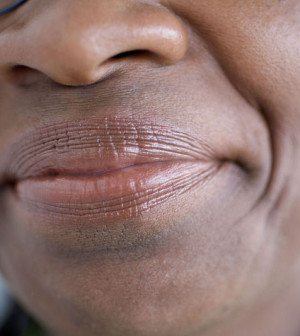- 10 Strategies to Overcome Insomnia
- Could Artificial Sweeteners Be Aging the Brain Faster?
- Techniques for Soothing Your Nervous System
- Does the Water in Your House Smell Funny? Here’s Why
- Can a Daily Dose of Apple Cider Vinegar Actually Aid Weight Loss?
- 6 Health Beverages That Can Actually Spike Your Blood Sugar
- Treatment Options for Social Anxiety Disorder
- Understanding the Connection Between Anxiety and Depression
- How Daily Prunes Can Influence Cholesterol and Inflammation
- When to Take B12 for Better Absorption and Energy
Snake Bites Take Big Global Toll, Especially Among the Poor

Snake bites kill thousands of people worldwide each year due to limited availability of antivenom, an expert says.
Antivenom maker Sanofi-Pasteur announced earlier this year that it could no longer produce the treatment for snake bites, said David Williams, head of the Australian Venom Research Unit at the University of Melbourne.
But the loss of Sanofi’s antivenom will mean little “for the vast majority of Africa’s snake bite victims,” he wrote in this week’s BMJ.
“For decades there have been chronic gaps in antivenom supply globally that have cumulatively cost millions of lives, maimed millions more, and contributed to the burden of poverty, and disenfranchisement that lingers heavily over many nations,” Williams noted.
Sanofi’s antivenom has not been available to many vulnerable people, because it was too expensive and not produced in sufficient quantities, he said.
Antivenom costs range from $56 to $640, creating a “huge potential for snake bite to drive patients and their families into deeper poverty and debt,” he said.
Williams said there’s an urgent need to train health care providers on how best to diagnose, manage and rehabilitate snake bite victims.
He called for immediate and more coordinated action by the World Health Organization. He also said health ministries in nations where most snake bites occur “can no longer ignore their responsibility to their citizens.”
“International effort to ensure effective reduction of the risks, burden, cost, and access to treatment for snake bite must be brought before the World Health Assembly and passed to mobilize resources,” Williams said.
“The time for talk has passed; action must be taken now,” he concluded.
More information
The U.S. National Library of Medicine has more about snake bites.
Source: HealthDay
Copyright © 2026 HealthDay. All rights reserved.










